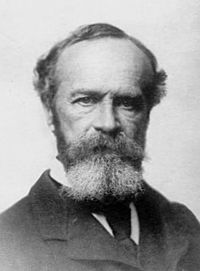From the Freakonomics blog, a great question. More from me below the post.
Who Is the Greatest Modern-Day Thinker?
By Stephen J. DubnerThe e-mail gods recently delivered this interesting query from a reader named Derek Wilhelm:
I go to the University of Richmond, which requires [us] to take a class called Core, where we read famous historical books. (Gandhi, Marx, Plato, Augustine, just to name a few). Anyway, my question for you is: Who do you think is the greatest modern-day thinker?
I love this question. It first requires you to define what a “thinker” is, and also raises the question of what incentives exist in the modern world to be a thinker. Also, is someone a great thinker if they’re never able to communicate their thoughts to a broad audience?
On a related note: The Times recently ran a piece about a rise in college philosophy majors; interestingly, the Wall Street Journal published a piece shortly thereafter (sorry, can’t find a link, but here’s a reprint of the pertinent info) ranking the first-year salaries for 16 selected college majors: engineers were first (at $48,707) and philosophers were dead last (at $28,234).
Once you’ve thought about what it means to be a thinker, then comes the hard part of thinking about who best fits the description.
So who are your nominees, and why?
So who do you think is the most important modern-day thinker?
I'm torn -- William James appeals to my sense of balance and inquiry into human nature. But if we are looking specifically at "thinkers," which to most people means philosophers, I like Richard Rorty (he was a multi-disciplinarian whose ideas continually evolved), Jurgen Habermas (a favorite of the integral crowd), or Michel Foucault (who I think has been badly misunderstood by the integral crowd).
I think I choose Rorty simply because, of the most recent philosophers, none have created as much discussion and turmoil as he did -- a sign that he was stirring the waters. Isn't that what we hope for from our thinkers, that they generate discussion that can lead to a wider and deeper understanding of ourselves?

No comments:
Post a Comment